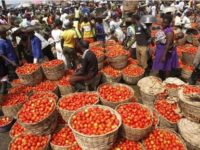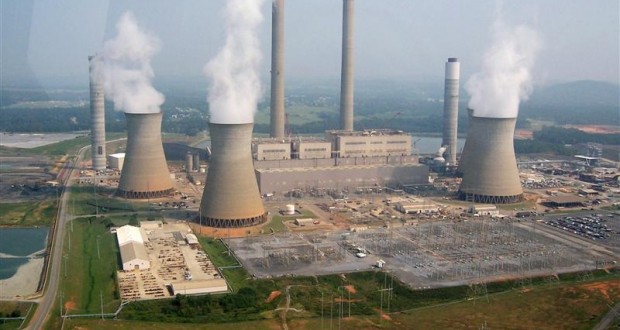 Wall Street has endured its worst start to the year in more than a decade following the suspension of Chinese share trading yesterday.
Wall Street has endured its worst start to the year in more than a decade following the suspension of Chinese share trading yesterday.
Stock markets around the world tanked after weak Chinese economic data reignited fears of a global economic slowdown.
Key points
- Benchmark US S&P 500 share index falls 1.5 per cent, worst year opening since 2001
- Dow Jones Industrial Average was on track for worst year opening since 1932 before late rally
- Australian shares set to open sharply lower, Australian dollar falls below 72 US cents
The Dow Jones Industrial Average was down 1.6 per cent to 17,149 by the close, after a late rally saw off worse falls.
The Dow was at one stage down more than 2.5 per cent, which had it on track to post its biggest fall on the first trading day of a year since 1932, in the midst of the Great Depression.
The broader benchmark S&P 500 index slid 1.5 per cent to 2,013, while the tech heavy Nasdaq lost 2.1 per cent to 4,903 – it was the worst start to a year for both those indices since 2001.
European shares also tumbled, overnight in London, the FTSE 100 dropped 2.4 per cent to 6,093, the German DAX slumped 4.3 per cent to 10,283, while in Paris the CAC 40 fell 2.5 per cent to 4,523.
The falls were a response to Monday’s selloff in China which dragged the Shanghai Composite Index down 7 per cent and led to the suspension of the Chinese market.
China’s yuan currency hit its lowest point in more than four years after the central bank lowered its guidance rate and factory activity contracted for a 10th straight month in December, at a sharper pace than in November.
Analysts said broader geopolitics and specifically new tension between Saudi Arabia and Iran has also been a factor.
Locally, shares are set to follow the dismal leads from overnight.
The ASX SPI 200 is down 0.6 per cent at 5,217.
A new business survey released today shows the general outlook for Australian businesses remains muted heading into an election year.
However, a third of companies said a change in prime minister has had a positive impact for their business.
Meanwhile Dick Smith has announced it is in voluntary administration, after its shares were placed into a trading halt yesterday.
The embattled electronics retailer is seeking to refinance its debt and shore up its financial position, but there are unconfirmed reports that its lenders have placed it into receivership.
On currency markets, the Australian dollar was also down at 71.93 US cents.
Against other currencies, it was buying 85.9 Japanese yen, 48.8 British pence, 66.3 euro cents and $NZ1.066.
On commodities markets, spot gold was 1.2 per cent higher to US$1,073.96 an ounce.
West Texas crude slipped 0.8 per cent to $US36.76 a barrel, with Brent at $US37.38.





